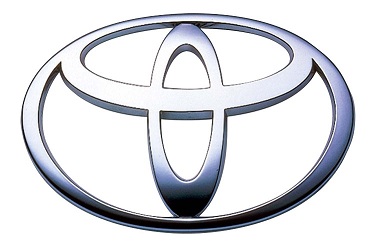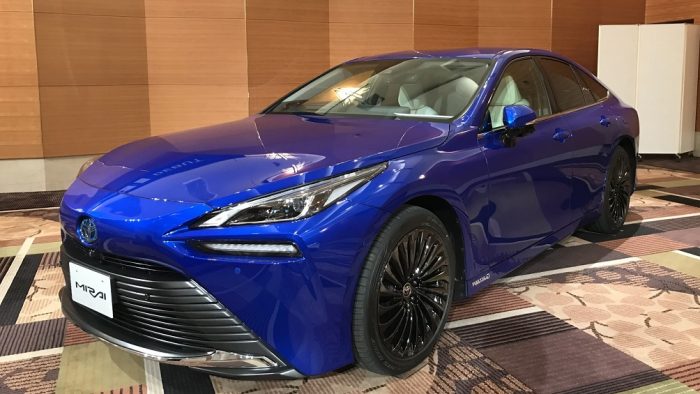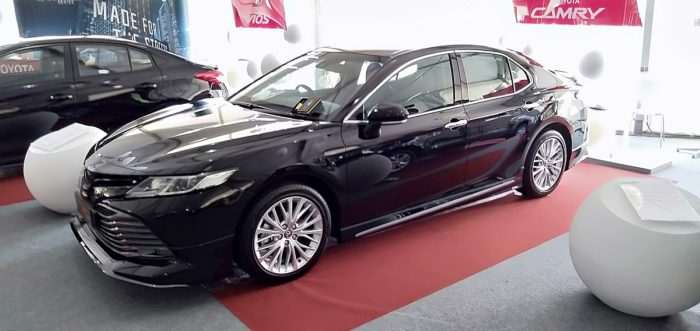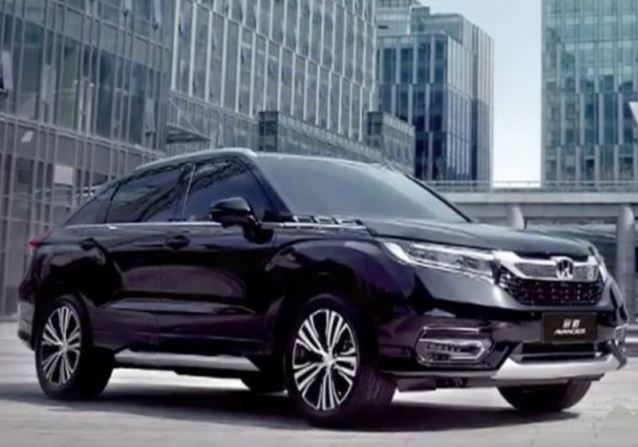Now Reading: Toyota warns vehicles costs could rise after tariffs
-
01
Toyota warns vehicles costs could rise after tariffs
Toyota warns vehicles costs could rise after tariffs
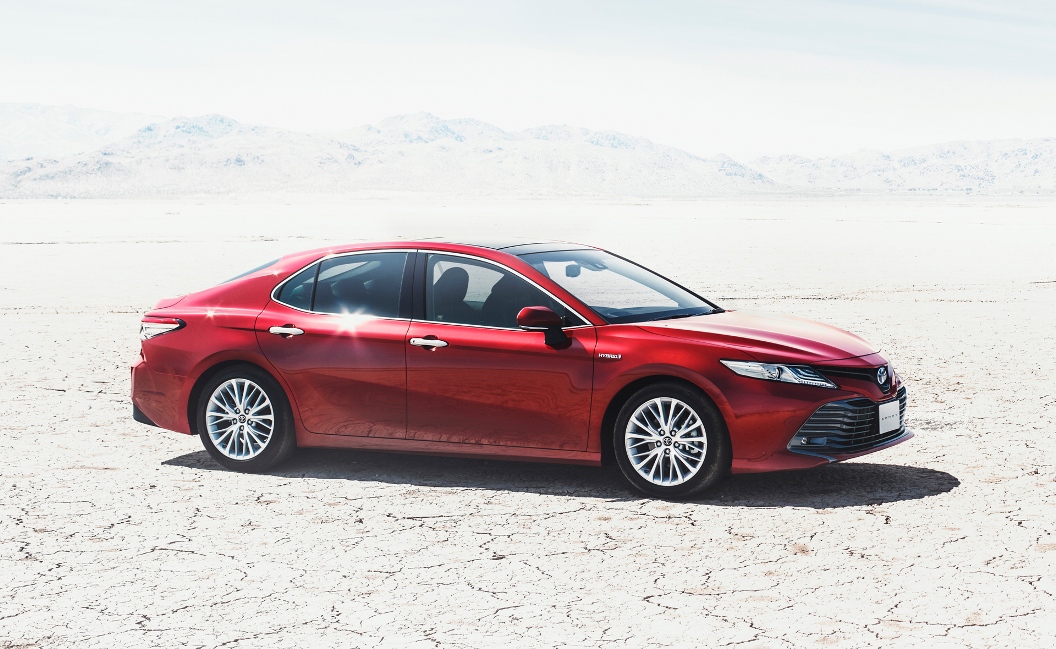
Toyota Motor on Friday stated higher U.S. auto tariffs would increase the cost of vehicles produced regionally along with those imported to the United States from Japan, which would have a huge impact on its bottom line.
Like its worldwide competitors, Toyota is bracing for the possibility of an increase in U.S. auto import tariffs, which could cloud its outlook as it would increase the cost of selling vehicles in the world’s second-biggest auto market. Such uncertainty took the shine off strong quarterly results announced on Friday.
So far, Japan’s biggest automakers and components providers stated they have seen limited direct impact from U.S. tariffs on steel and aluminum implemented in June, however they acknowledge they could take a major hit if Washington delivers on proposals to increase tariffs on autos and auto parts to 25 percent.
“If we see a rise, it would raise the cost of locally produced vehicles by around $1,800 each, and increase costs for (models imported from Japan) by $6,000,” Toyota senior managing director Masayoshi Shirayanagi informed reporters at a results briefing, referring to U.S.-made Camry sedans, one of the Toyota’s most iconic models.
“This would be a big impact.”
The United States is a significant market for Japan’s automakers, where Toyota, Honda Motor and Nissan Motor regionally produce around half or more of the vehicles they sell in the nation. The rest are imported from Japan, Canada, Mexico and other countries.
Based on the approximately 709,000 vehicles Toyota exported to the United States from Japan in last year, the automaker could take a yearly tariff-related hit of $4.25 billion on those automobiles alone.
Higher tariffs would give a major blow to all international automakers as most, consisting U.S. ones, rely on imports to source the automobiles and parts contained in them which are sold in the United States.
Stay Informed With the Latest & Most Important News
Previous Post
Next Post
-
 01Polestar Boss Says It’s Time To Outrun BMW M And Mercedes-AMG
01Polestar Boss Says It’s Time To Outrun BMW M And Mercedes-AMG -
 02Spy Shots: 2027 Mitsubishi Pajero Spotted in Testing Ahead of Possible U.S. Return
02Spy Shots: 2027 Mitsubishi Pajero Spotted in Testing Ahead of Possible U.S. Return -
 032026 Toyota Hilux EV: A Powerful Truck with Silent Torque
032026 Toyota Hilux EV: A Powerful Truck with Silent Torque -
![2027 Mercedes-Benz S-Class Debuts with V8 Engine [Photo Gallery]](https://speedlux.com/wp-content/uploads/2026/01/2027-Mercedes-Benz-S-Class-33-155x125.jpg) 042027 Mercedes-Benz S-Class Debuts with V8 Engine [Photo Gallery]
042027 Mercedes-Benz S-Class Debuts with V8 Engine [Photo Gallery] -
 05Spy Photos: VW ID. Polo GTI Goes Electric with 223 HP and 280 Miles of Range
05Spy Photos: VW ID. Polo GTI Goes Electric with 223 HP and 280 Miles of Range -
 06Hyundai Palisade’s Breakout Year Shows How Quickly the Market Can Turn
06Hyundai Palisade’s Breakout Year Shows How Quickly the Market Can Turn -
 072026 Corvette ZR1 Production Surges Past Expectations as Output Clears 1,000 Units
072026 Corvette ZR1 Production Surges Past Expectations as Output Clears 1,000 Units



![2027 Mercedes-Benz S-Class Debuts with V8 Engine [Photo Gallery]](https://speedlux.com/wp-content/uploads/2026/01/2027-Mercedes-Benz-S-Class-33-700x394.jpg)




































